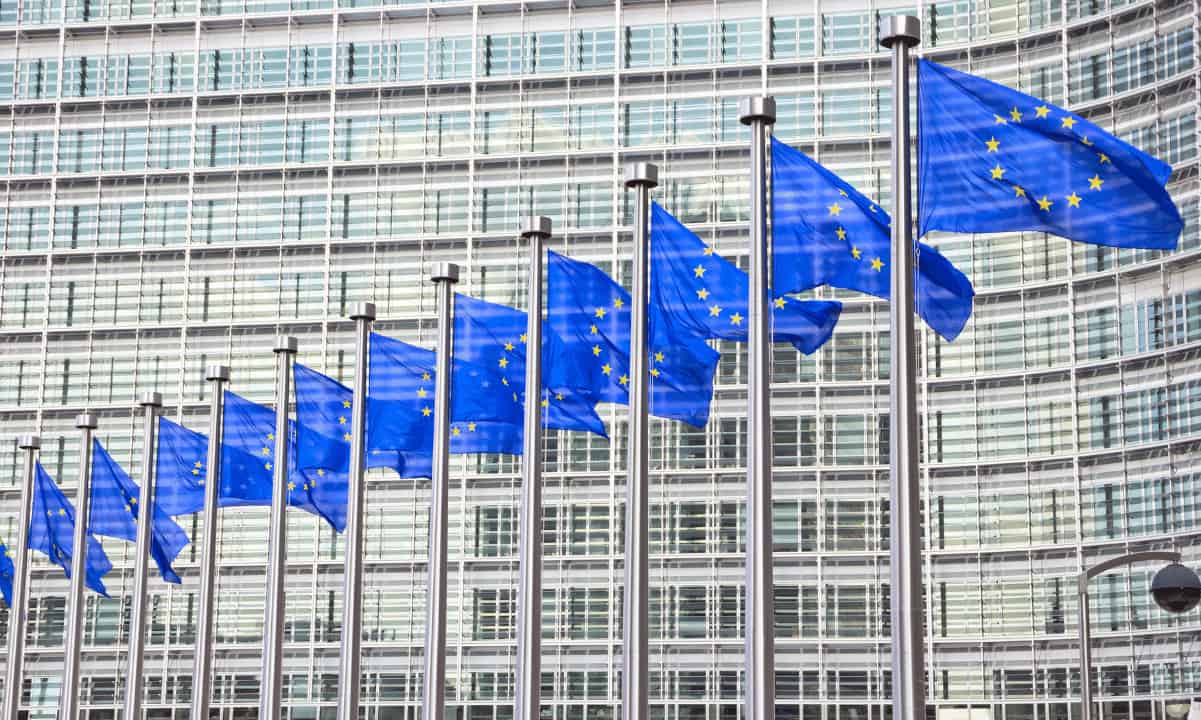EU Should Ban Proof of Work Mining
European Securities and Markets Authority (ESMA) Vice President – Erik Thedéen – has urged EU financial regulators to ban the cryptocurrency mining model known as proof of work. He also claimed that bitcoin has become a “national problem” for his home country of Sweden due to the amount of renewable energy that goes into operating the asset.
“The solution is to ban proof of work”
In a recent interview for the Financial Times, Erik Thedéen (also managing director of the Swedish FCA) considered that cryptocurrencies using the proof-of-work mining methodology present significant risks for the environment. As such, European regulators should encourage the less energy-intensive proof-of-stake model:
“We need to have a discussion about the industry transitioning to more efficient technology. The solution is to disallow proof of work. Proof of Stake has a significantly lower energy profile.
It should be noted that the two largest digital assets by market capitalization – Bitcoin and Ether – rely on proof-of-work mining technology. However, Ethereum is in the process of upgrading the network to Ethereum 2.0, as the transition is expected to take place this summer. After development, the second largest blockchain protocol will start using the proof-of-stake method and thus become more eco-focused.
Bitcoin, however, has no intention of changing its mining model. Thedéen said the main digital asset is now a “national problem” for Sweden, as a considerable percentage of renewable energy is currently devoted to its operation. The ESMA executive believes that Swedish electricity should be used to create traditional services and not BTC:
“It would be an irony if the wind power generated on Sweden’s long coastline was dedicated to bitcoin mining.”
The bright side of BTC mining
In October last year, the authorities of the Canadian city of North Vancouver decided to use the energy released by the mining of bitcoins to heat residential and commercial buildings. The initiative is expected to see the light of day in the first half of 2022 as it was supported by the joint efforts of Lonsdale Energy Corporation (LEC) and local digital asset miner MintGreen.
The latter claimed that its “Digital Boilers” could prevent 20,000 tonnes of GHGs from entering the atmosphere per MW compared to natural gas.
In turn, Karsten Veng – CEO of Lonsdale Energy Corporation – raised hopes that the collaboration will benefit the Canadian city, home to nearly 50,000 people, and the environment:
“LEC is in the process of reducing greenhouse gas emissions, and this project will be part of that.”
Binance Free $100 (Exclusive): Use this link to sign up and receive $100 free and 10% off Binance Futures fees for the first month (terms).
PrimeXBT Special Offer: Use this link to sign up and enter code POTATO50 to get 25% off trading fees.


Comments are closed.